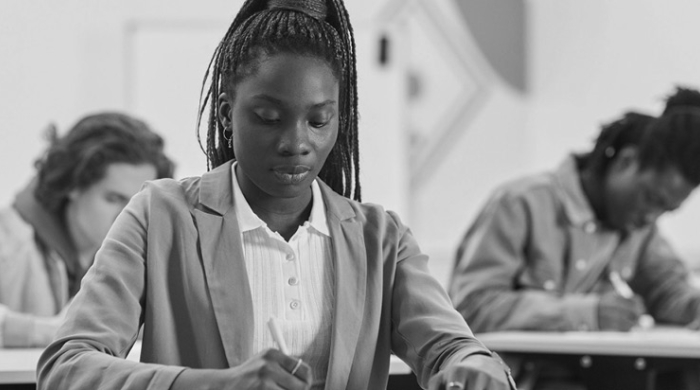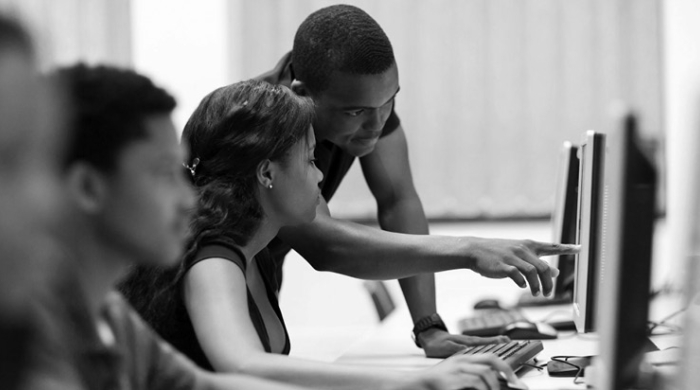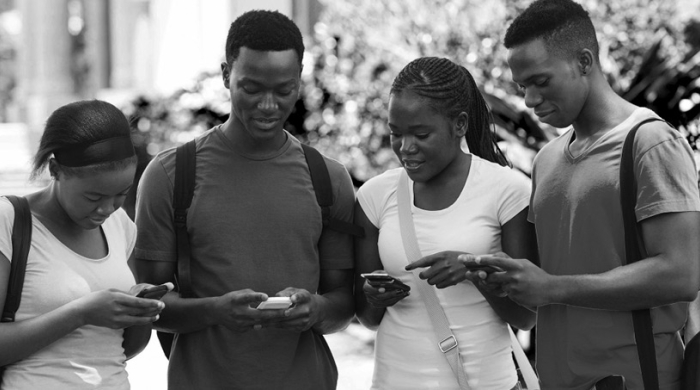College access and readiness for marginalized students, including Black, Indigenous, and people of color (BIPOC), is vital. An increasing number of jobs require postsecondary education, but some BIPOC students, particularly Black, Latinx, and Indigenous students, are not graduating at the same rates as other students (Carnevale, 2016; NCES 2019). Additionally, a college education is connected to greater health and increased civic engagement (Ma et al., 2016). We explore the factors that impact college access and readiness for BIPOC and low-income populations. Specifically, the review focuses on research studies from 2014-2021 that focused on answering two questions:
- What are the systemic, structural, and programmatic barriers to college access and college readiness for BIPOC students?
- What classroom and school cultures, and district practices, promote widespread college access and readiness for BIPOC students?
We center equity by including college access and readiness studies with BIPOC and marginalized youth; critical, anti-racist, asset-based perspectives; and non-academic indicators. Where there was a lack of literature, we discuss future directions for this work.
Suggested Citation: Perez, W.Y., Knox, J. & Harris-Wilkerson, E. (2021). Expanding the Equity Conversation for Pathways to College: A Literature Review of College Access and College Readiness Research 2014-2021. Metropolitan Center for Research on Equity and the Transformation of Schools.
Table of Contents
Acknowledgments
We would like to acknowledge New Tech Network for commissioning this work to further their equity belief and commitment that, “When every child—regardless of race, ethnicity, or income status—has access to a meaningful and inclusive learning environment focused on preparation for college and career, we help create a path to a bright future for students and their communities.”
We would especially like to thank Dr. Liz Bergeron and Matt Swenson for their thoughtful partnership with this literature review at the intersections of equity, college access, and college readiness.
Colleagues from the Center for Policy, Research, and Evaluation at NYU Metro Center, including Lindsey Foster, Dr. Joanna Geller, Sara McAlister, Dr. Leah Peoples, and Dr. Danielle Perry also contributed to moving this work forward. Also, thank you to Tom Snell for his contribution.





